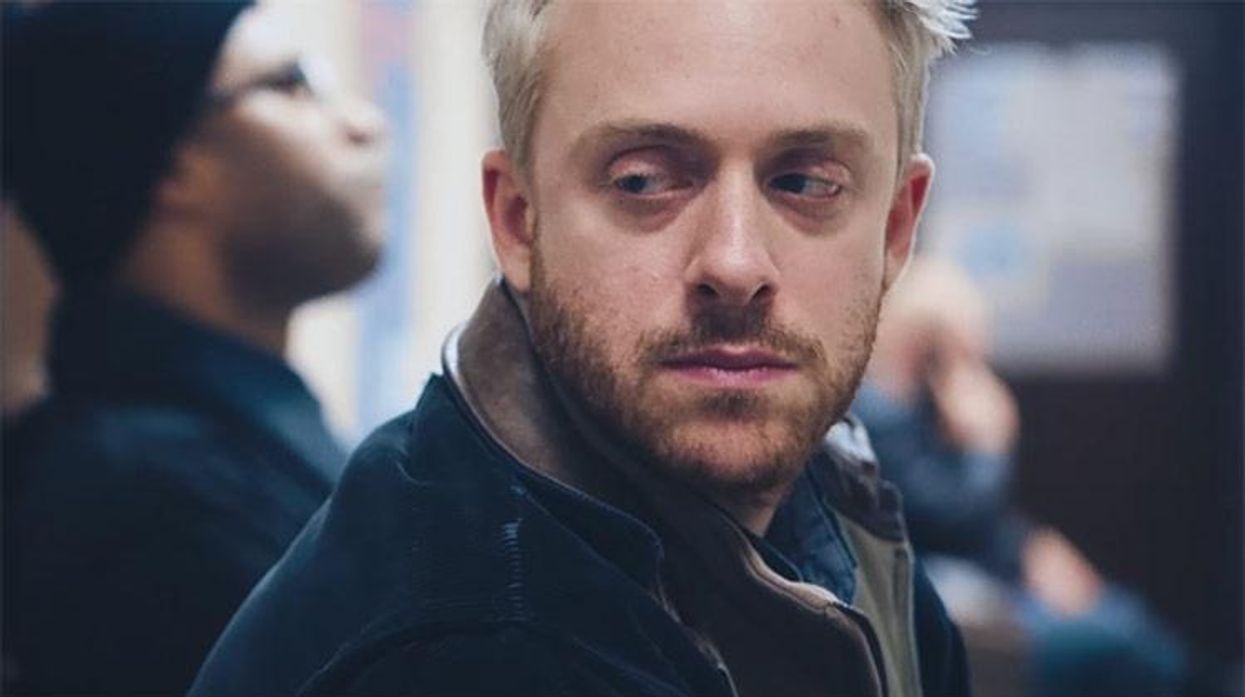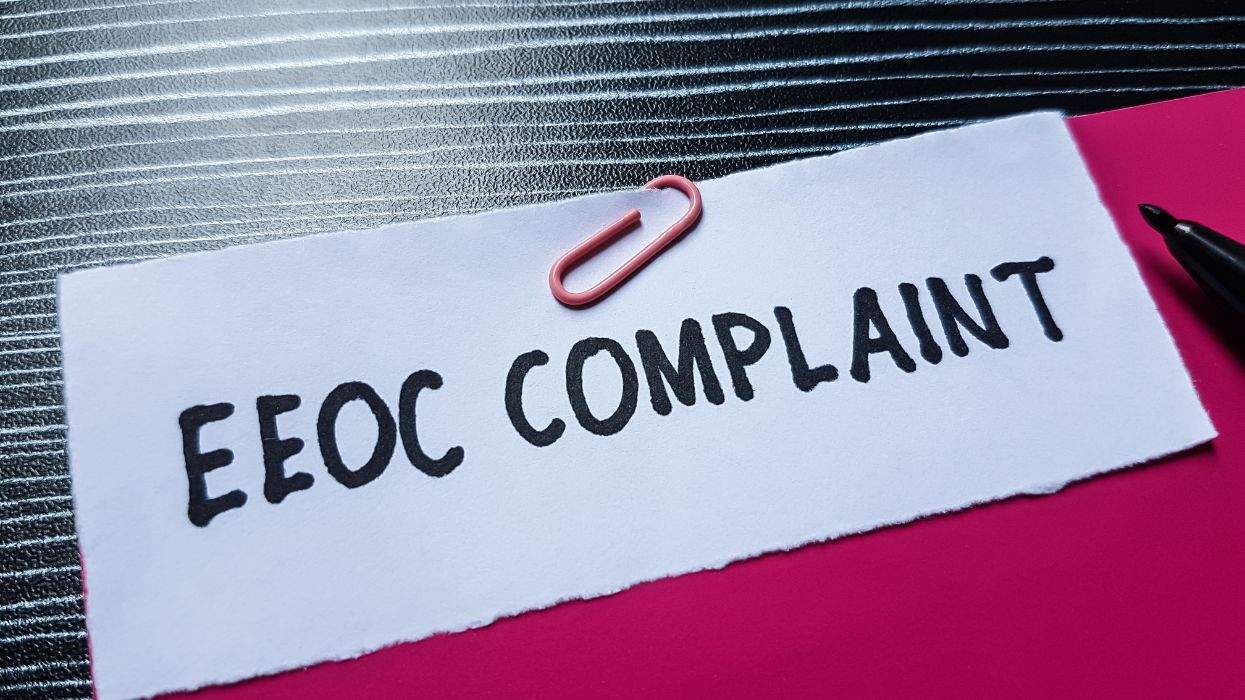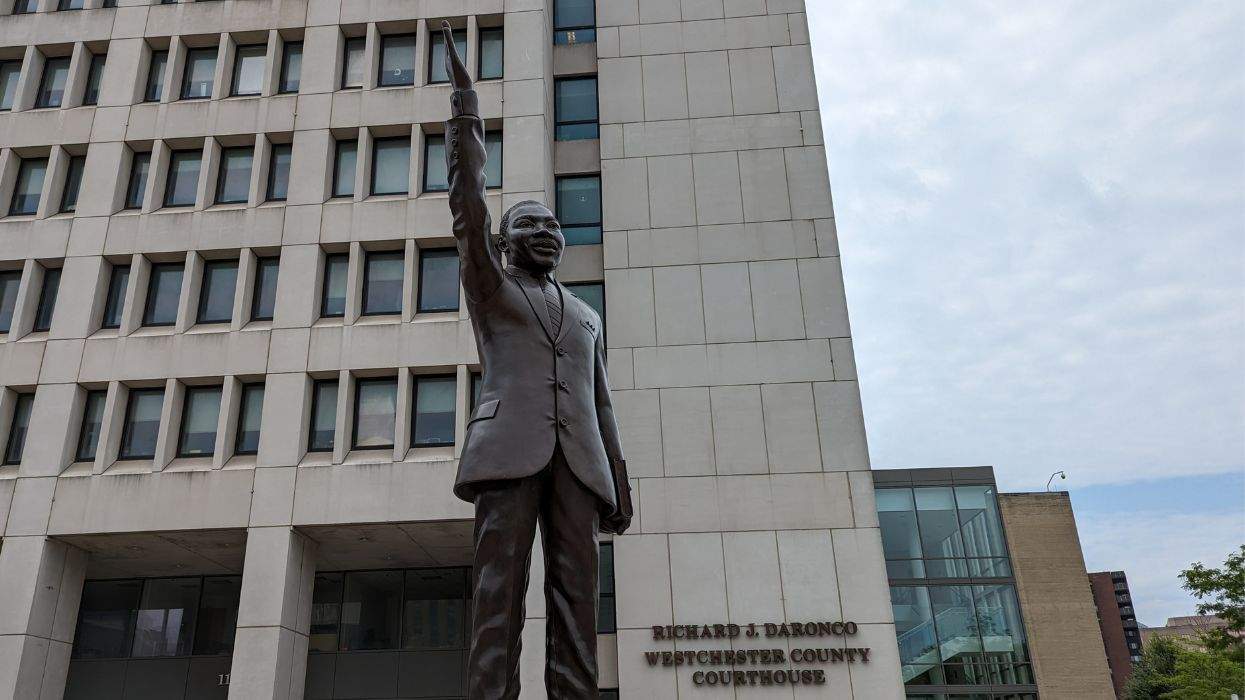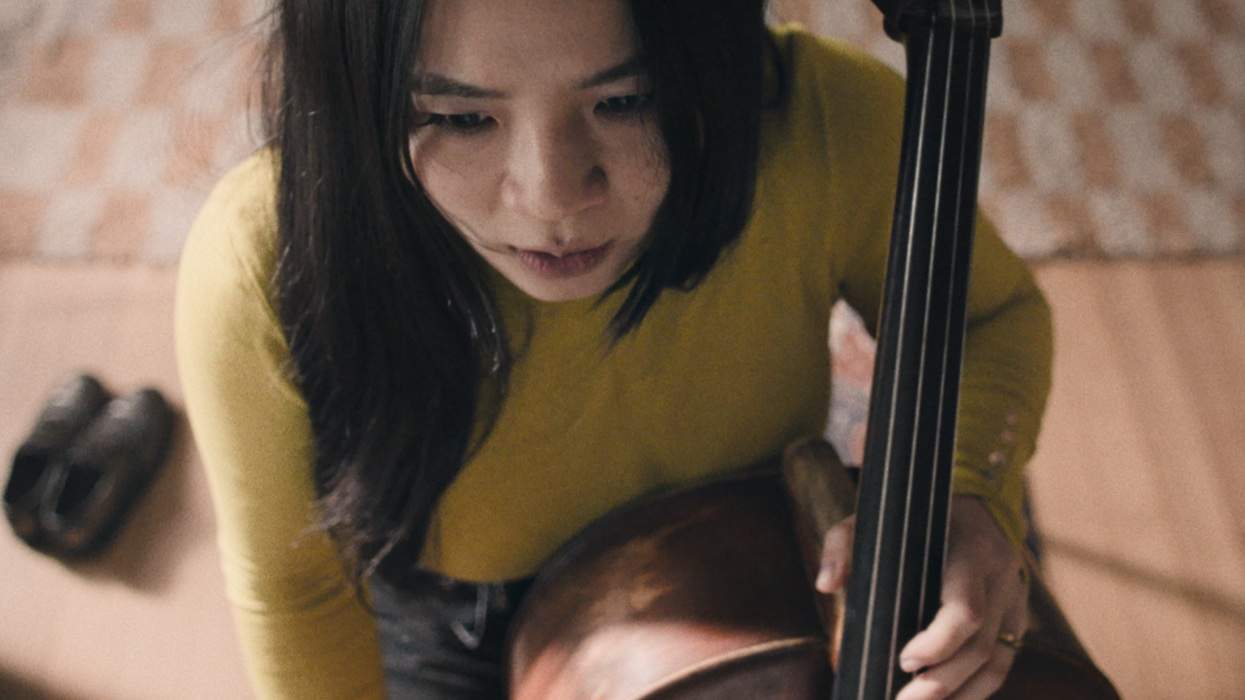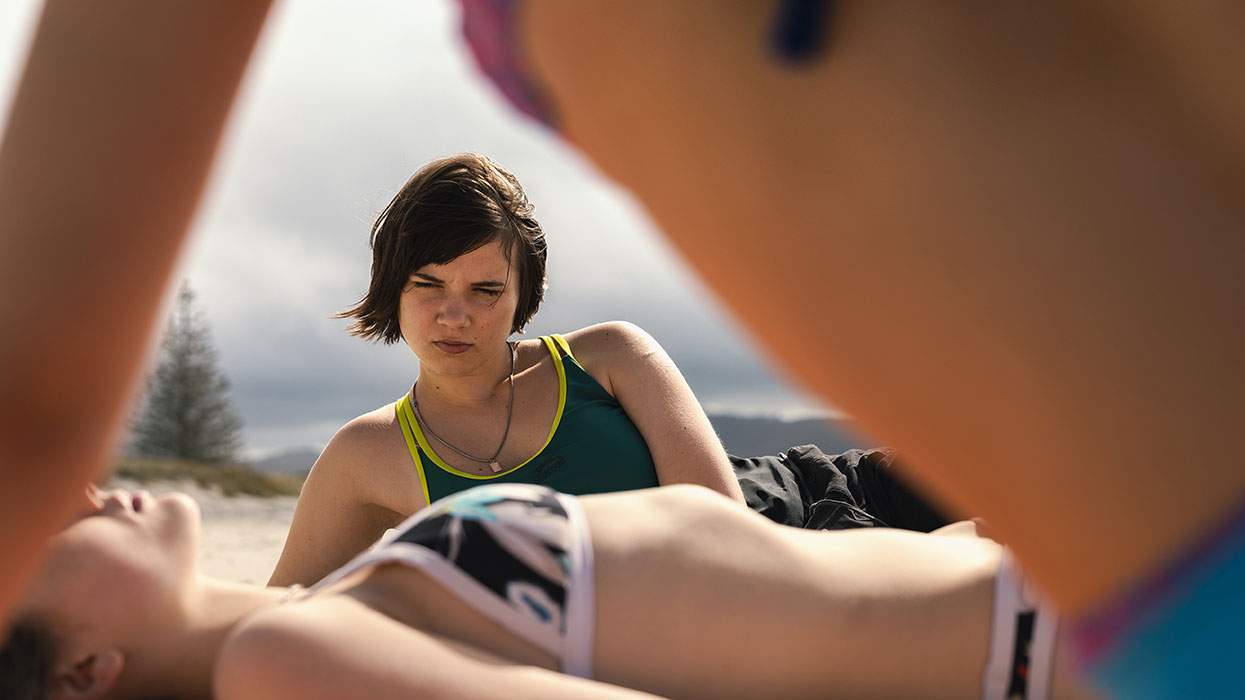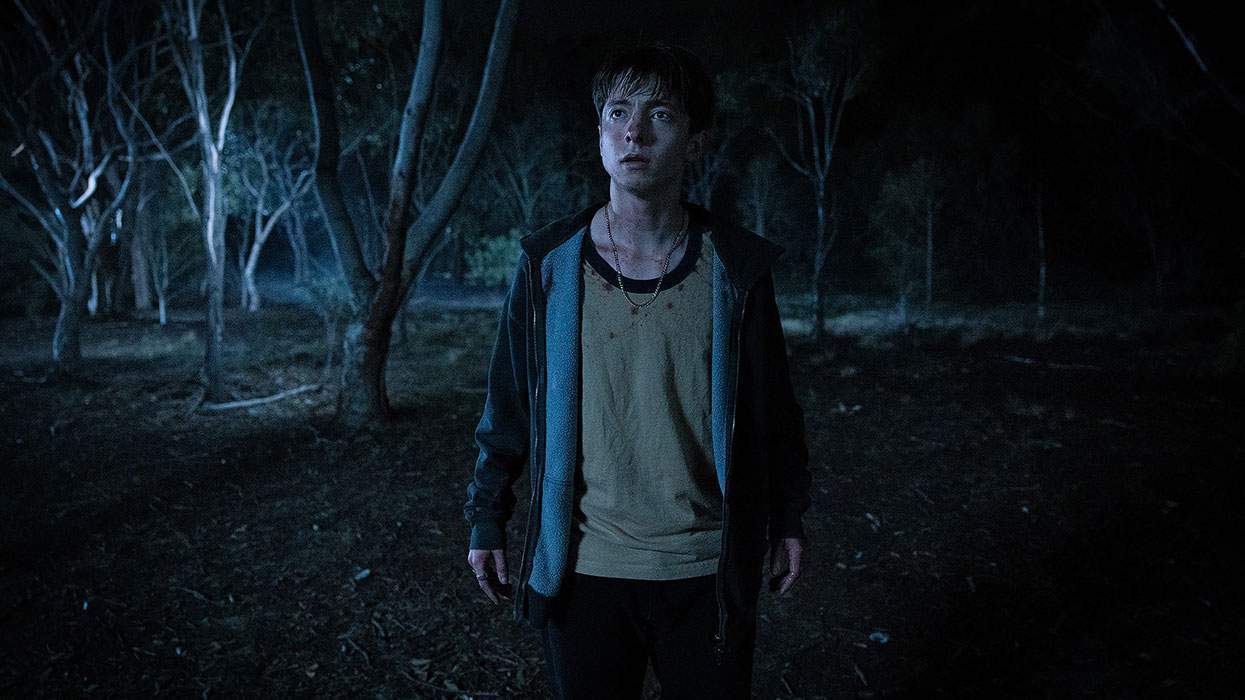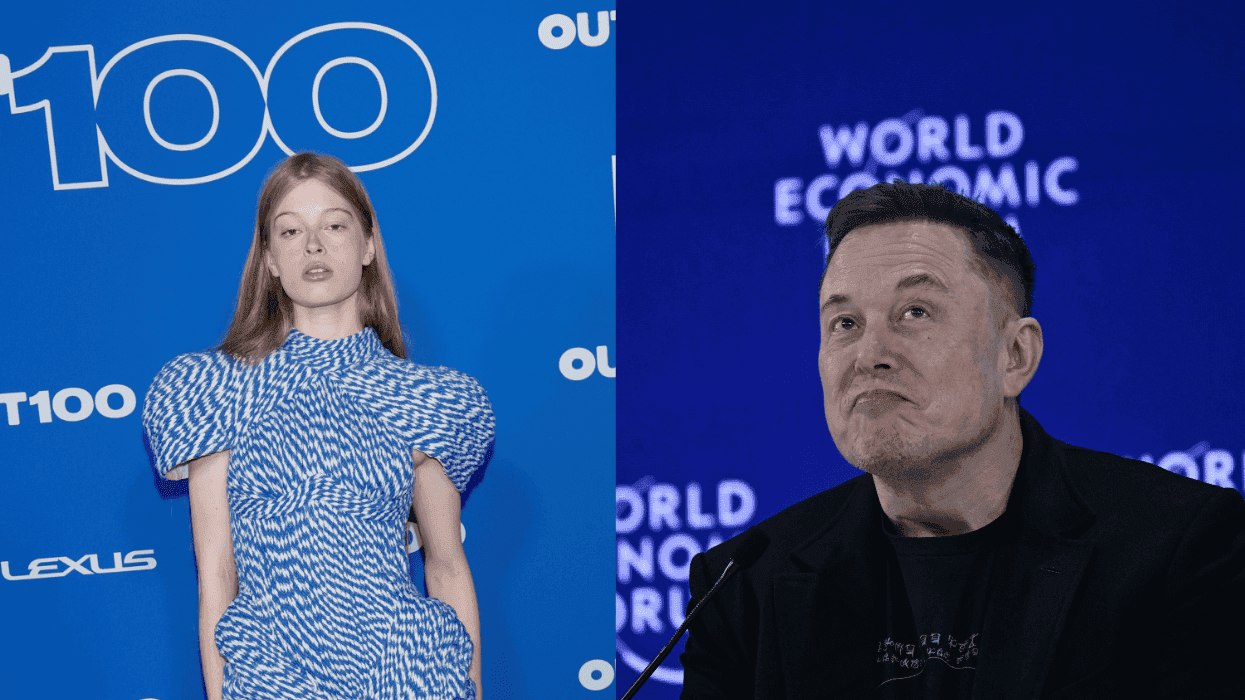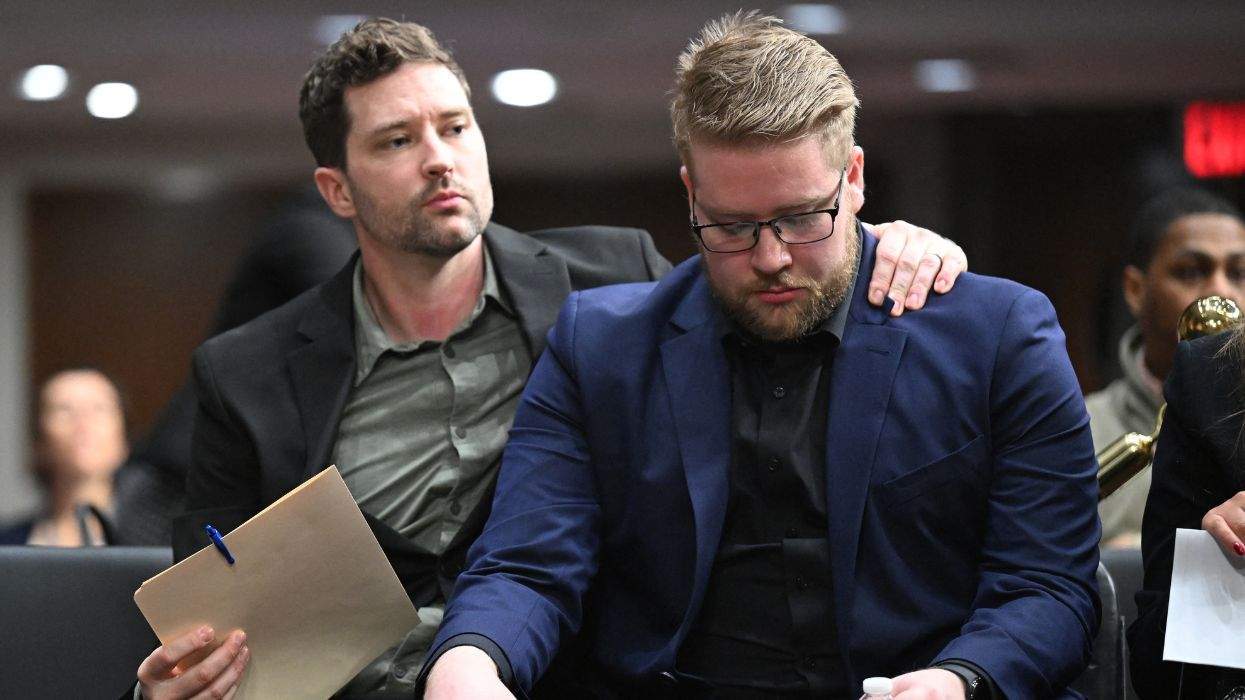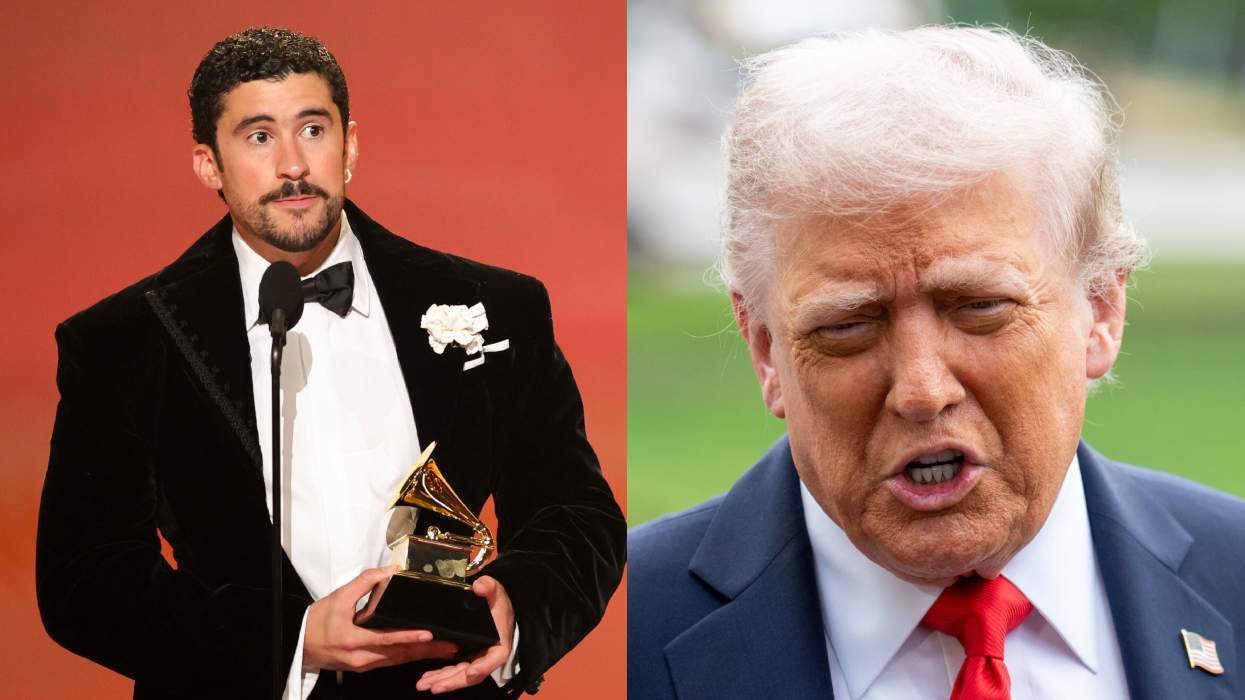For the first time in a seemingly endless replay of mass gun violence, the nation seems to not just be watching but listening.
"We are going to be the last mass shooting," proclaimed high school senior Emma Gonzalez, who survived the Stoneman Douglas High School shooting in Parkland, Fla. Whether or not her words are true, they have been heard millions of times in her viral speech.
What has made the response to the tragedy so strong isn't the degree of slaughter or talking points coming from the survivors, it's the age of the mouths they're coming from.
Thousands of miles from Parkland in Park City, Utah, known for the Sundance Film Festival, a similar movement is emerging. "Sundance has always been an institute of discovery and supporting emerging talent and artists," says Sundance staffer Meredith Lavitt, "We realized it was really important to look to the next generation and start supporting them in their artistic and professional development."
The product of this idea: Sundance Ignite, a yearlong fellowship for 18-24-year-olds that amplifies the voices of the filmmakers through meaningful mentorship, resources, and cultivating their emerging voices. Lavitt is its director.
Those resources are largely provided by Adobe, whose Project 1324 gives fellows access to Adobe -ponsored events (such as Sundance NextFest) and numerous creative programs. Its reach is even younger -- it is dedicated to launching a global community of emerging artists 13-24 making a social impact with their work. Adobe partnered with Sundance because of their shared missions and values to create Ignite, which Lauren Stevenson, director of Adobe 1324, describes as an "intentionally an inclusive group of young filmmakers who are coming from communities that are have often been sort of systematically excluded from the film industry."
To be more specific, "The Sundance Ignite program is trying to build opportunities that are inclusive for people of color, for black folks, for folks who don't have economic opportunities to be able to access these institutions, from queer folks, for transgender communities, for gender-nonconforming folks," says Project 1324's community curator, Isabella Borgeson, "I think it's important which stories we choose to center as both Adobe and as Sundance Ignite and the ways in which we create a safer space for those stories, too."
One of the storytellers the program has taken on is Matthew Puccini, whose application short The Mess He Made is a retelling of his experience as a young gay man taking an HIV test. His goal with the film? To make viewers know what it's like "to be in that waiting room, and to kind of be going through this really surreal moment, and at the same time being aware of kind of how mundane and matter of fact it was." He was "trying to capture that duality and the feeling of going through something that's incredibly dramatic and at the same time also very much common for many gay people, and straight people," he says.
The Mess He Made from Matthew Puccini on Vimeo.
The film displays immense vulnerability, a common theme among the filmmakers selected for the program. Sindha Agha, a half-Pakistani young woman from the program, directed the film Birth Control Your Own Adventure, a personal breakdown of her experience with endometriosis, using concept art to break down her many excruciating symptoms.
"These are deeply personal films that are focused very heavily on their own identities," says Toby Brooks, who manages Sundance Ignite. He, like Puccini, identifies as a gay man. "I am a queer person, and as a young person, I find there is so many films I saw that influenced who I am and the ways in which I facilitated [my] survival."
"A program like Ignite giving me structure and support and accountability, at a time when like, I'm pretty much still the only person who cares about what I'm doing," says Puccini. He's been designated to have at minimum monthly mentorship from Sundance-alum producer Effie Brown, known for Dear White People and Real Women Have Curves. You might recognize her for calling out Matt Damon for his lack of nuance toward diversity in Hollywood on Project Greenlight (before it was cool).
"Not only are our fellows very diverse, but our mentors are very diverse too," says Lavitt. "And that's intentional. We want our fellows to feel like they can connect with mentors who they can share a commonality and trust because it has to feel safe too."
For Puccini, that means a space where he can create complicated LGBT characters and "put them in situations that feel real and honest and complicated and are kind of showing the contemporary experience that I've either had or have become aware of through friends." He says he wants to depict "gay ordinariness."
"We've come to a point in queer film where we no longer have single films that speak for the entire queer community," Brooks explains. "We are thrilled by the idea that we can support filmmakers who are telling so many diverse, different queer stories like diversity within diversity within the diversity."
Under the hood of the yearlong fellowship, it does not just include a mentor. Fellows participate in Sundance Institute programs as a volunteer, participant, or observer, are placed in internships in the prestigious Sundance artists programs or elsewhere in the industry, and are introduced to other industry folks they feel will propel their careers forward. Sundance Ignite ends with a touchstone program in late spring where fellows are taught about the business of filmmaking and how to get their work out into the world -- something few film schools offer in their curriculum.
As a young queer filmmaker sitting down with these programmers and filmmakers, I found it hard to resist a desperate pang to join this club of courageously sensitive leaders. It was hard to not raise my hand and beg them to pick me next. Because, the need for a young person, any young person, not just the ones systematically put at the back of the line, to be heard is consuming. It eats at your evenings, your day job, your calls to your mother about why you need to stay in this faraway land of Los Angeles. It eats at you in a way that a dream can.
But even harder? Getting in. "It's a pretty rigorous process that they went through to become a fellow," says Lavitt. "Not only did they submit their film. That was probably the easiest part -- hitting send." A select group of finalists is allowed to apply and interviewed. The program had over 800 submissions in 2017, and these odds, with its rising profile, will only get harder to beat.
But Adobe Project 1324 is not lacking in opportunities. It has numerous challenges around the year for all sorts of artists, several structured like competitions where the winners get access to mentorships and fellowships, based on topical creative prompts. It is also providing creativity scholarships that help provide post-secondary tuition for young artists to help them pursue study in a creative field.
"We commit a million dollars to those scholarships every year, and there are now about 100 creativity scholars," says Stevenson. Adobe also offers year-long creative residencies that provide a salary and health insurance to people of all creative backgrounds.
But for now, there is a sacred respect to the storytellers who have made the cut. "This is not something that they're doing out of vanity or desire to just be a famous artist. This is something that all of our filmmakers feel is a responsibility for their community and friends and their loved ones," Brooks says, on the verge of tears. "I'm going to start crying -- it's really emotional and just a constant reminder of the power of film for some of these young people."
